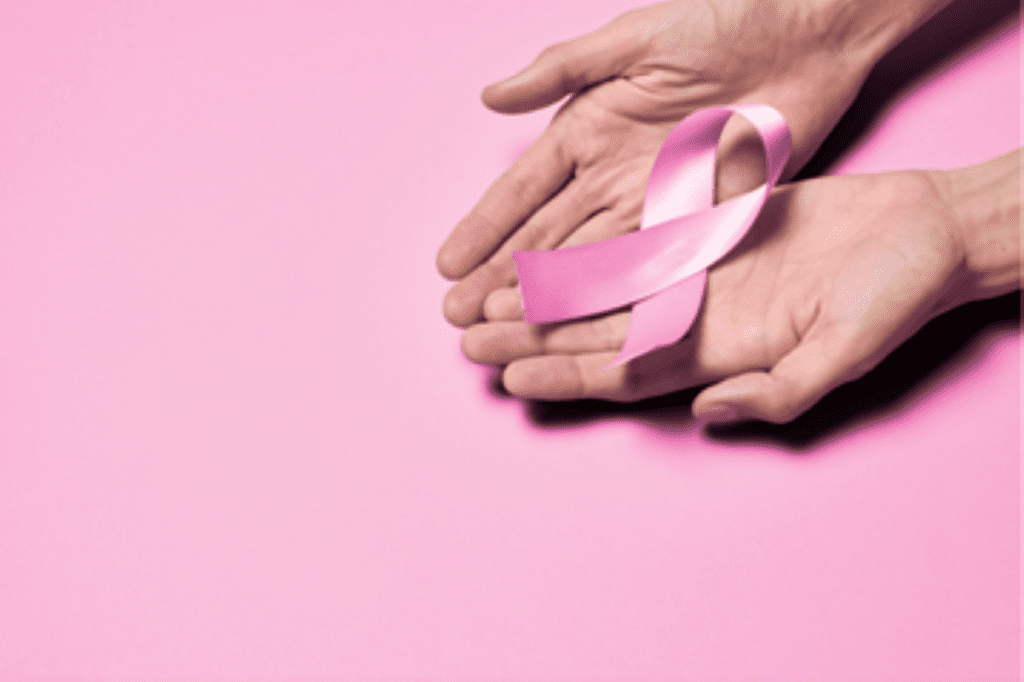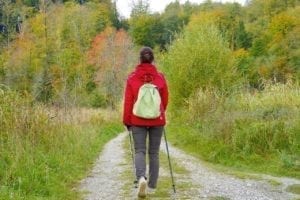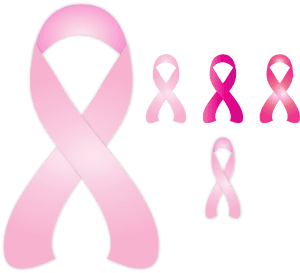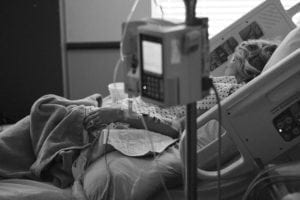ACKNOWLEDGMENT Patient Worthy is grateful to our partner Elephants & Tea for providing the following article by Gina Jackson. Elephants & Tea‘s mission is to help adolescent and young adult (AYA) patients, survivors, and caregivers know they are not alone in their experience with cancer. The Elephant in the room is cancer. Tea is the relief conversation provides.
Finding light in the after—because survivorship is just the next chapter.
Some days, it all feels like too much, and I just want to scream.
Survivorship is a funny thing — a club I never asked to join. One I should feel lucky to be part of, and most of the time, I do. But there’s a shadow that follows me, even on the good days. I worry my cancer will come back. Honestly, I assume it will. Why not, right? Stage 3 breast cancer doesn’t exactly inspire a carefree mindset.
I know that’s no way to live — always waiting for the other shoe to drop, moving through life like I’m just passing time until I’m back in the chemo chair. But some habits are hard to break, especially the ones rooted in fear.
If it does come back, will I get a port this time? All my veins are scarred now. At my monthly blood draws, it takes my nurse a solid twenty minutes to find one that’ll work. She jokes, “Are you sure you want to request me next time?!” And I laugh, because she’s my favorite and was with me all through chemo. We fill those twenty minutes talking about nail polish, what our kids are up to, her summer vacation plans. It’s become a small ritual—one that somehow makes the pokes and prods more bearable.
The other nurses pop their heads in during these moments. “How’s the baby? Can we see pictures?!” I reach for my phone with my left arm, showing them photos while they work on my right. I know what they’re doing—distracting me, helping me feel like a person, not just a patient. And it works. Every time.
“I love you so much — this won’t hurt. I think I found a vein!” my nurse says, and we all breathe a collective sigh of relief. Labs drawn. Another appointment done. On to the next. My monthly routine.
Strangely, there’s comfort in returning to that clinic. It’s where the doctors saved my life. It’s familiar. Safe, in a way. And yet, a part of me feels guilty for sometimes resenting it — for feeling burdened by the visits and the endless cycle of scans, tests, and bloodwork. I know I should feel only gratitude for the chance to keep coming back. Cancer doesn’t always give people that chance.
Cancer is an angry, fickle beast. It stole people I’ve loved. People whose stories I carry with me. I can’t think about them without tears welling up—tears for their memories, and tears of rage that they never got to sit in that chemo chair one more time. That they didn’t get this kind of routine. This kind of return.
So, I try. I try so hard to stay grateful. To remember I’m okay right now. To soak in the good moments. To live as “normally” as I can, whatever that means anymore. I try to look toward the light, like sunflowers do—always facing the sun, even when the storms roll in.
And yet, I don’t tell the moms I meet at my daughter’s school that I had cancer. I just can’t. I don’t want the awkward silence, the “Aww, are you okay?”—that moment where the air gets heavy and neither of us know what to say. Maybe if we get really close, if time proves I’ll be sticking around, I’ll tell them. But right now, I keep that part of my story tucked away.
Maybe that’s just another part of survivorship—that quiet cynicism that creeps in when no one’s looking.
Survivorship is a funny thing. It’s messy and miraculous and terrifying and beautiful. It’s a balancing act between gratitude and grief, between hope and fear. And every day, I wake up and try to find that balance all over again.







